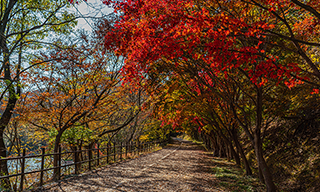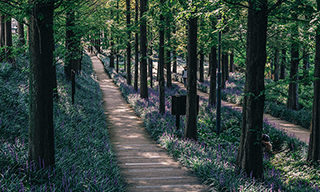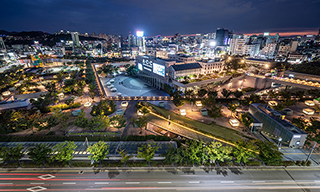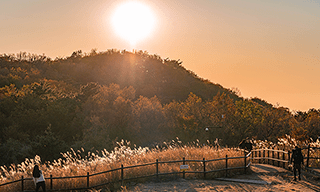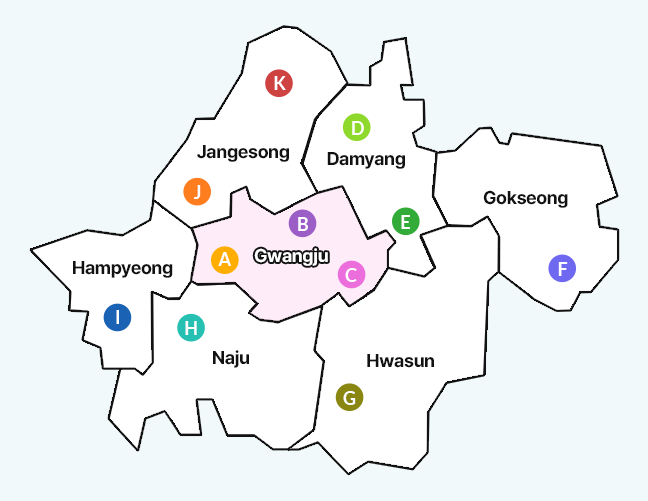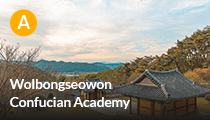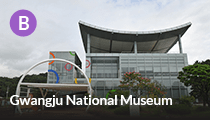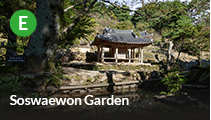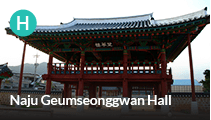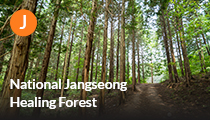
Discover Gwangju, Korea
Korea
Korea, also known as the "Land of the Morning Calm", is located at a strategically important seaway of Northeast Asia at the Eastern end of the Asian continent neighboring with Japan and China. South Korea’s land area is 100,329km2 with a population of 50 million, a relatively high population density. Korea was in total ruins only six decades ago after the Korean War, but achieved "The Miracle of the Han River" by experiencing remarkable economic growth in a very short period of time.
Korea has four distinctive seasons with a continental monsoon climate. In particular, autumn, when the IFAA 2024 is scheduled, is the best season to visit Korea, offering clear cool and crisp weather and the beautiful autumn foliage.
An increasing number of foreign tourists visit Korea every year despite the global economic downturn, attributed to Korea's globally recognized safety and security as well as the abundant tourist attractions of Korea where 5,000 year-long history of traditional culture is well mixed with cutting-edge contemporary culture.
The Korean Peninsula is located in North-East Asia. It is surrounded by the ocean on three sides, making it a unique geographical location. With Seoul as its capital city, the landsite is roughly 1,030 km (612 miles) long and 175 km (105 miles) wide at its narrowest point. Korea's total land area is 100,033 square km, neighboring Japan to the east, China to the west, and sharing a northern border with Democratic People's Republic of Korea (North Korea).

Gwangju
- A Sacred Land of Democratization, Righteous City, Gwangju
-
Gwangju city’s righteous history spans the army movement at the end of the Joseon Dynasty, the Gwangju Students Independence Movement during the Japanese colonial period, and the 1980 May 18 Gwangju Democratization Movement, making Gwangju a city of democracy, human rights, and peace. The May 18 Gwangju Democratization Movement, which protested against the tyranny of the military regime, had a profound impact on democratization movements in Asian nations craving freedom and justice from dictatorships. The Records of the May 18 Democratization Movement were listed in the UNESCO Memory of the World Register on May 25, 2011, and are recognized for their world historical value. In May 2020, May 18 was designated as a local public holiday to mark the 40th anniversary of the Democratization Movement.
- Asian Culture Center City, Elegant City, Gwangju
-
Gwangju, the city of art, has produced numerous artists, including Pansori master Gukchang Im Bang-ul, Oriental painter Eui-jae Heo Baek-ryeon, Chinese contemporary musician Jung Yul-seong and poet Park Yong-cheol. Following this tradition, Gwangju has been reborn as a cultural capital of Korea and a cultural hub of Asia, hosting the Gwangju Biennale and Design Biennale, a world-class festival in the field of contemporary art and design. The Asia Cultural Center opened in November 2015, and the nation's longest project (2003-2023) is underway to firmly establish Gwangju as an Asian cultural hub. The city also hosted the Universiade Gwangju 2015, which was a low-cost, high-efficiency event and a cultural festival with youths from around the world. Based on this experience, the city then successfully held the 2019 Gwangju World Swimming Championships, where 12,800 athletes from 191 countries participated. Key aspects of Gwangju's unique identity are being developed as unique tourism products through commercialization, branding, and industrialization, including representative foods such as rice balls, a symbol of the sharing and solidarity of the Gwangju spirit, as well as Gwangju's representative communities (cultural and ecological) and representative performances (Sangseol Gugak).
[Attractions in and near Gwangju]
Traditional Experience
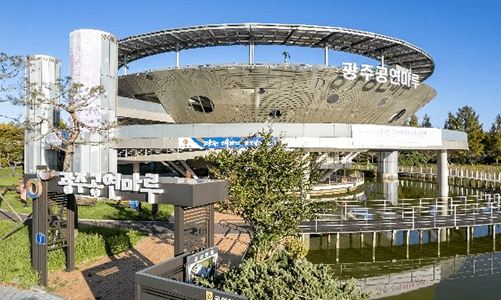
Gwangju Performance Maru
Go to Homepage ▶
Wolbong Seowon
Go to Homepage ▶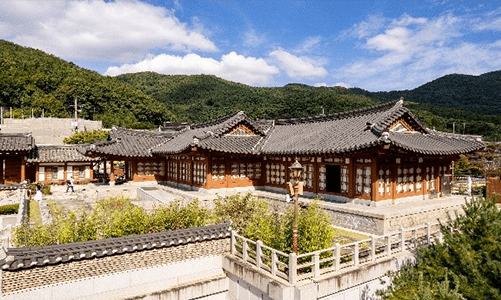
Gwangju Traditional Culture Center
Go to Homepage ▶
Mudeungsan Jeungsimsa Temple Stay
Go to Homepage ▶


